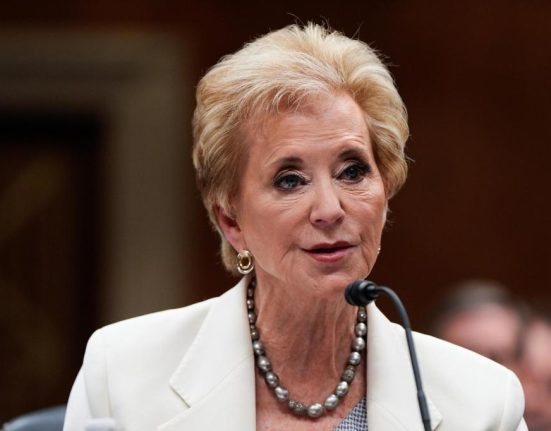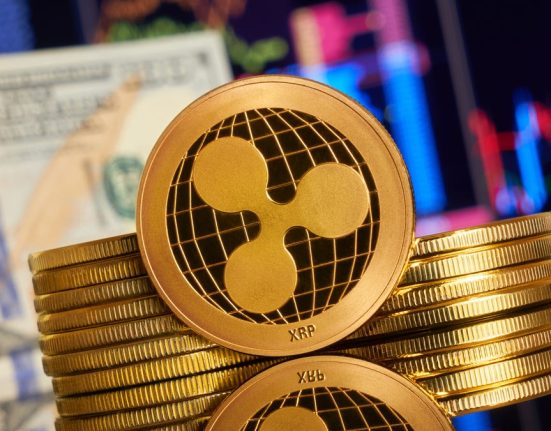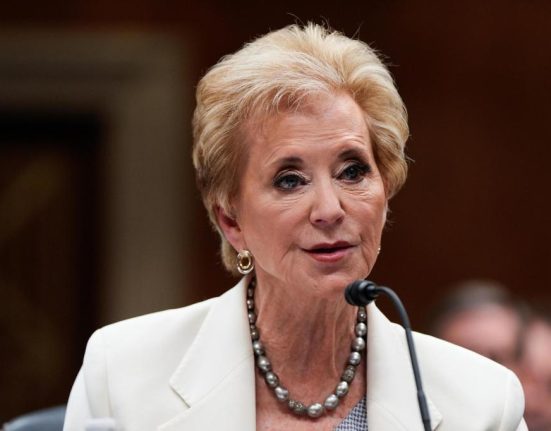This is CNBC’s live blog covering Asia-Pacific markets.
Asia-Pacific markets mostly rose Friday after China kept benchmark rates steady, while investors monitored escalating tensions between Israel and Iran.
U.S. President Donald Trump is now weighing on whether to back the Israeli military and strike Tehran. The White House said that he will make a final decision within the next two weeks.
Hong Kong’s Hang Seng Index added 1.15% while mainland China’s CSI 300 index added 0.24%, after the People’s Bank of China expectedly kept its loan rates unchanged at 3.0% for the 1-year loan prime rate and 3.5% for the 5-year LPR.
Japan’s benchmark Nikkei 225 moved up 0.12% and the broader Topix index fell 0.17% in choppy trade.
The country’s core inflation rate climbed to 3.7% in May, its highest level since January 2023. The metric — which strips out costs for fresh food — was higher than the 3.6% expected by economists polled by Reuters and is above April’s print of 3.5%.
In South Korea, the Kospi index increased by 1.19%, and crossed the 3,000 mark for the first time in 42 months, while the small-cap Kosdaq climbed 1.01%.
Over in Australia, the S&P/ASX 200 pared losses to 0.2%.
India’s benchmark Nifty 50 opened 0.21% higher while the BSE Sensex gained 0.29%.
U.S. stock futures fell in early Asian hours as investors investors pored through the latest developments in the Middle East.
Overnight stateside, regular trading was closed for the Juneteenth holiday.
— CNBC’s Brian Evans contributed to this report.
Spot gold set to post weekly decline
Spot gold prices fell Friday and were on track for a weekly decline on the prospect of fewer rate cuts by the U.S. Federal Reserve.
As of 12.20 p.m. Singapore time, prices of the yellow metal were down 0.45% to $3,355.08.
The bullion — which is considered a hedge against political and financial instability — has risen 31.2% since the start of the year, according to LSEG data.
— Amala Balakrishner
South Korean stocks cross 3,000 mark for first time since Jan 2022
South Korean stocks rallied on Friday and crossed the 3,000 mark for the first time since January 2022.
As of 11.05 a.m. local time, the Kospi index had risen 0.99% to 3,007.13. The index is set to log its fourth weekly gain as markets cheered newly elected President Lee Jae-myung’s plans for capital market reforms.
Meanwhile, the small-cap Kosdaq index was last seen trading up 1.08% at 791.09, its highest since Aug. 1 2024.
Among the index heavyweights, Samsung Electronics was last seen up 0.42%, while SK Hynix added 3.86%.
— Amala Balakrishner
South Korea’s producer price index edges up 0.3% in May
South Korea’s wholesale inflation rate rose 0.3% year on year in May compared to 0.8% the month before.
This is the lowest growth in prices since they fell in July 2023, according to LSEG data.
The preliminary figures from the Bank of Korea released on Friday show that lower print was due to decline in sectors such as agricultural foods, coal and petroleum and financial and insurance activities.
On a month-on-month basis, the producer price index fell 0.4% in May, compared to April’s 0.2% drop.
— Amala Balakrishner
Rice prices in Japan more than double in May as core inflation jumps to highest levels since 2023
Rice prices in Japan more than doubled in May, spiking 101.7% year over year and marking its largest increase in over half a century.
The huge spike follows a 98.4% increase in April, and a rise of 92.1% year over year in March.
Japan’s rice prices have been in the spotlight in recent times, with the government releasing emergency stockpiles to moderate the price of the country’s staple food.
The surge in rice prices comes as Japan’s core inflation rate climbed to 3.7% in May, marking its highest level since January 2023.
Read the full story, here.
— Lim Hui Jie







